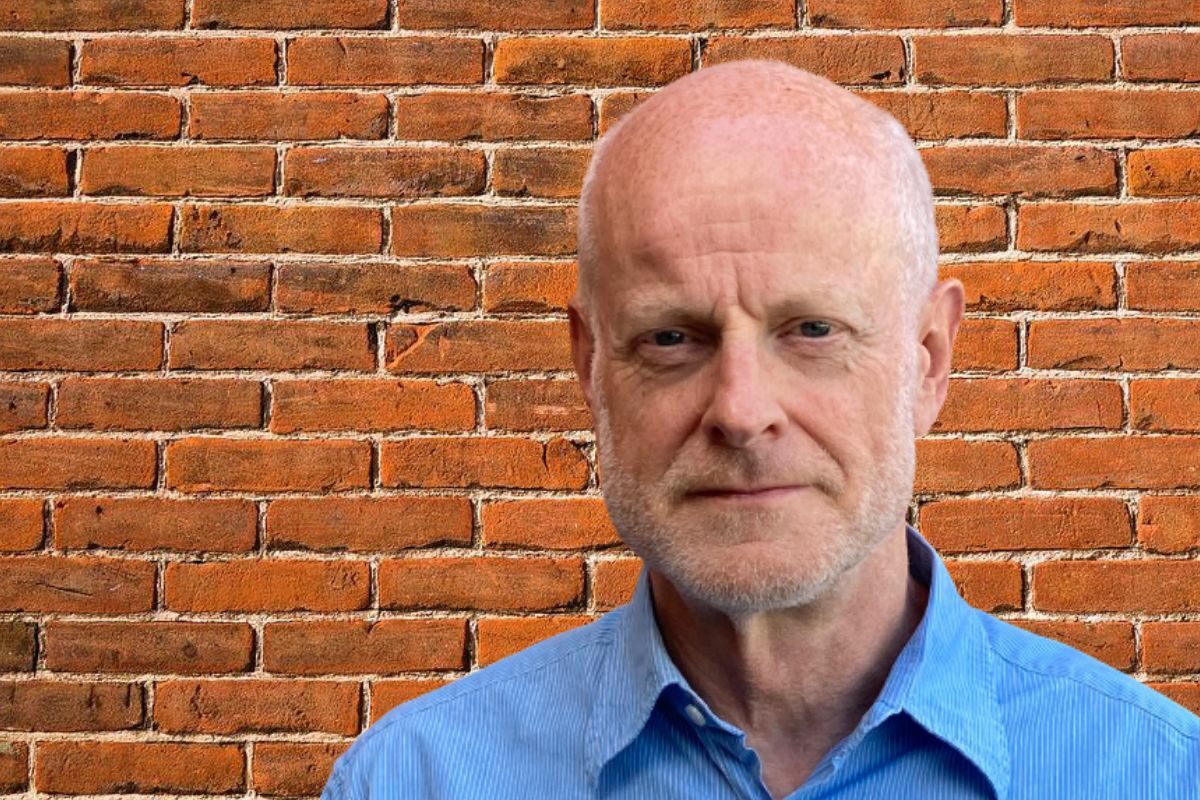Improved outcomes and culture change: how action research is driving maths teaching and learning forward

The old adage suggesting familiarity breeds contempt was put firmly to bed at this year’s Centres for Execllence in Maths (CfEM) Live conference. In my everyday working life as the Head of the CfEM programme at the Education and Training Foundation, I could hardly be more familiar with the exceptional things it is achieving. Nonetheless, watching and listening to the presentations by maths teachers of their action research projects at this year’s event was an inspirational experience.
Answering the ‘big questions’
The event addressed the challenging issues facing maths resit teachers head on, with each day focusing on one of CfEM’s three ‘big questions’. On day one it was teaching for mastery, or ‘How can we help learners develop deeper understanding, reasoning & problem-solving skills?’ To address this, many teachers drew on the Concrete, Pictorial, Abstract (or CPA) approach, which is central to mastery teaching in schools. In particular, there was lots of ‘bar modelling’ on show, which Newham, Southwark and Weston Colleges found had a significant impact on the learning of fractions, ratios, percentages and algebra, while Weston’s successful use of ratio tables for multi-step proportional reasoning questions aroused lots of interest. Other teachers had opted for ‘concrete’ manipulatives – with similarly impressive results. I found East Surrey College’s work on algebra tiles and geoboards (look them up!) particularly interesting. A consistent message throughout was the impact of all these approaches on learners’ engagement and their progress in maths – and it seems lower achieving students benefited disproportionately.
On day two, we saw teachers focusing on the fundamental issues of learner engagement and resilience, and overcoming pervasive negative attitudes to maths. Coaching techniques were often mentioned, notably from teachers at Cambridge, Runshaw and Plymouth Colleges, and there was much emphasis on the importance of listening to learners, offering them choices, using positive language and re-enforcing key messages such as the value of effort and learning from mistakes. Buckinghamshire College’s work on helping learners get ‘unstuck’ and persevering when attempting complex maths problems also caught my eye.
The third and final event shone the spotlight on responsive teaching – or ‘How can we deliver a maths curriculum that is responsive to the gaps in learners’ skills & understanding?’ This revealed a diverse range of approaches – Greater Brighton Metropolitan College presented their work on flipped learning. This seemed to increase the confidence of many students when they entered the classroom, while teachers commented on the extra time it allowed them to focus on the higher-level skills of reasoning and problem solving. East Kent College’s approach was entirely different – based on question-level analysis of learners’ exam performance to generate individualised online learning ‘nuggets’ and inform differentiated groupings and content within lessons. Other presentations included a diagnostic assessment of learner confidence from Stamford College, while Leeds City College showed how gamification of maths lessons (providing ‘rewards’ for desired behaviours) can lead to improved engagement and enjoyment of maths lessons.
That, I’m sure you’ll agree, is a very impressive body of activity. Attendees certainly thought so. We know that because impact matters to us, and we therefore asked the 471 attendees over the three days what they had been particularly struck by or would be implementing in their own practice. We were met with an overwhelmingly positive response, with delegates reporting they would be trying out many of the ideas they had learnt about in their own practice.
A win for action research
Delegates’ positive responses to CfEM Live make the event – and the projects it reflected – a big win for action research, with evidence aplenty that the goal of enabling professional development was being achieved. The definition of action research set out by Kemmis and McTaggart four decades ago – “…a desire [on the part of teachers] to learn about their own practice in its natural social context through collective self-reflective inquiry with a view to improving practice and as a means of obtaining new knowledge” – could have been written specifically to describe this CfEM activity.
And to underline that value and understand in the wider context of teaching and learning, consider these projects against the Professional Standards. Wherever you looked across the three days you saw reflection and evaluation of practices, values and beliefs; you see engagement with a culture of continuous learning and quality improvement; and of course, this activity is the epitome of the development and updating of subject specialisms taking account of new practices and research.
Impact: the bigger picture
As well as being an example of action research well done, and of vital professional development having taken place, the event also emphasised demonstrable impact on learners. Students’ progress towards Level 2 is being hastened, and teachers are being empowered to investigate their own solutions for evidence-based effective practice and upskilling themselves in Mastery approaches to their subject.
The effect is much bigger than the impact on individual students and teachers though; what the CfEM programme and its action research component is achieving is a culture shift. The embedding of self-reflection and peer-learning among teachers doesn’t just change the experience of the individuals involved; it changes the experience of maths across the FE sector. And that – as any teacher of demotivated students struggling with a subject they’d rather leave behind will tell you – is nothing short of magic.
By Steve Pardoe, Head of Centres for Excellence in Maths, Education and Training Foundation











Responses